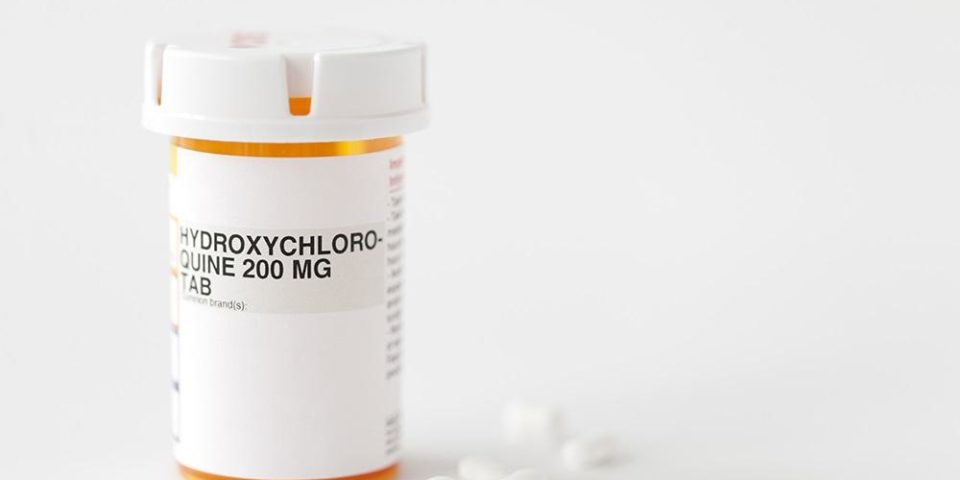What to know about COVID-19 treatments such as hydroxychloroquine
The effectiveness of various COVID-19 treatments has been the topic of debate, especially when it comes to hydroxychloroquine. Saria Saccocio, MD, Ambulatory Chief Medical Officer at Prisma Health, shared the latest information about what’s showing promise and what isn’t.
Which therapies are showing promise against COVID-19?
Therapies that have shown the most potential in treating patients who are hospitalized with COVID-19 have included:
- Remdesivir – An IV medication that interferes with the mechanism COVID-19 uses to make copies of itself.
- Dexamethasone – A standard generic steroid that has been used for decades.
- Plasmapheresis – This is the process of using convalescent plasma, the liquid portion of the blood, which contains antibodies the body uses to fight off infection.
What does research reveal about hydroxychloroquine?
Hydroxychloroquine is an arthritis medicine that also has been used to prevent malaria. Dr. Saccocio said she has looked closely at the studies involving COVID-19 patients. “In the studies I’ve reviewed, there was a slight improvement, but it was statistically insignificant, meaning it didn’t make a difference overall. In other cases, hydroxychloroquine actually had harmful effects.”
Some of the harmful effects included:
- Heart arrhythmias, where the rhythm of your heart can be abnormal. When you’re infected with COVID-19, you can be at greater risk for this.
- Depression
- Insomnia
- Hallucinations
“What we’ve also learned is some of those symptoms persist, even after the medication has been discontinued,” said Dr. Saccocio. “The FDA has said they no longer recommend hydroxychloroquine for the treatment of COVID-19, so we need to heed those remarks.”
As more studies are done, Dr. Saccocio said physicians will continue to watch the evidence that comes forward. But for now, she believes the evidence isn’t strong enough to use hydroxychloroquine for treating COVID-19 patients.
“I wouldn’t want to put my mother or myself at risk for harm at this point when we have medications that have consistently proven successful results – including more cost-effective medications. If we have several medications that are not only promising, that early studies continue to prove that the benefit is greater than any risk, then that’s where I would lean at this time,” she said.
Need care today?
Use an E-Visit for quick, convenient care. Just go online, answer questions about your symptoms and submit.
Get Care Now

